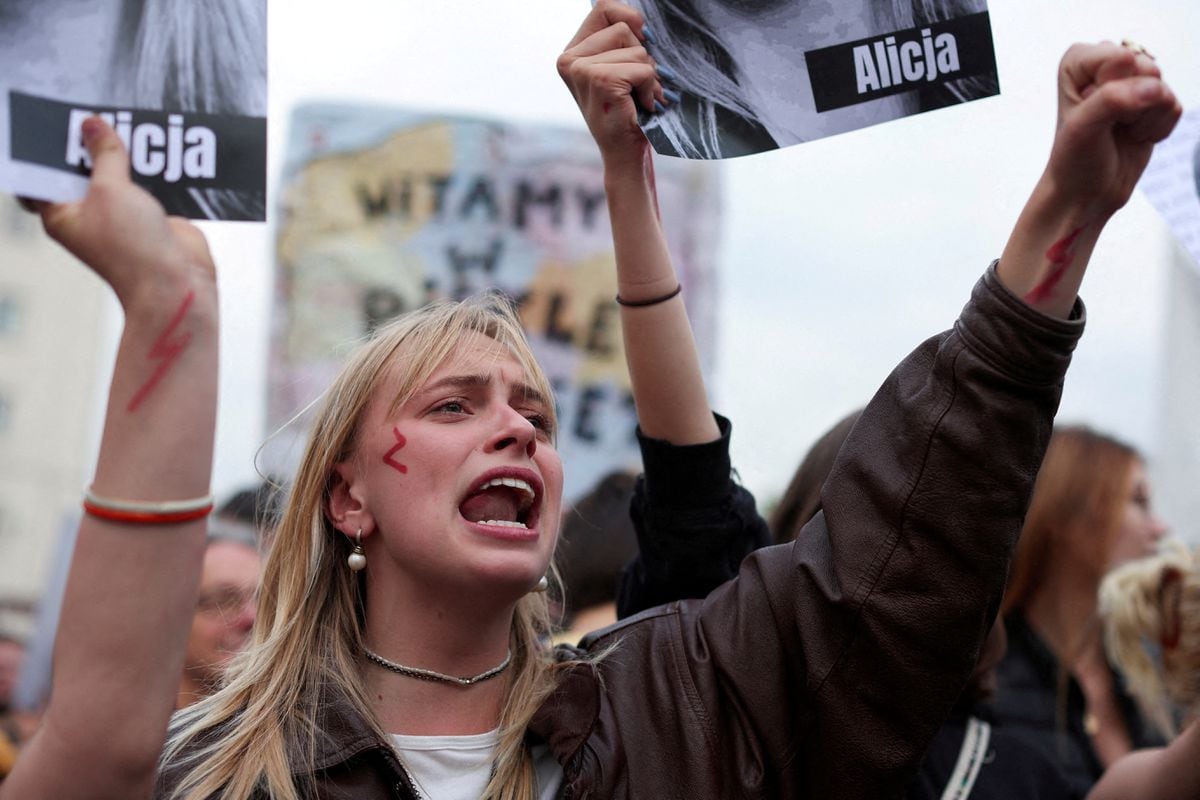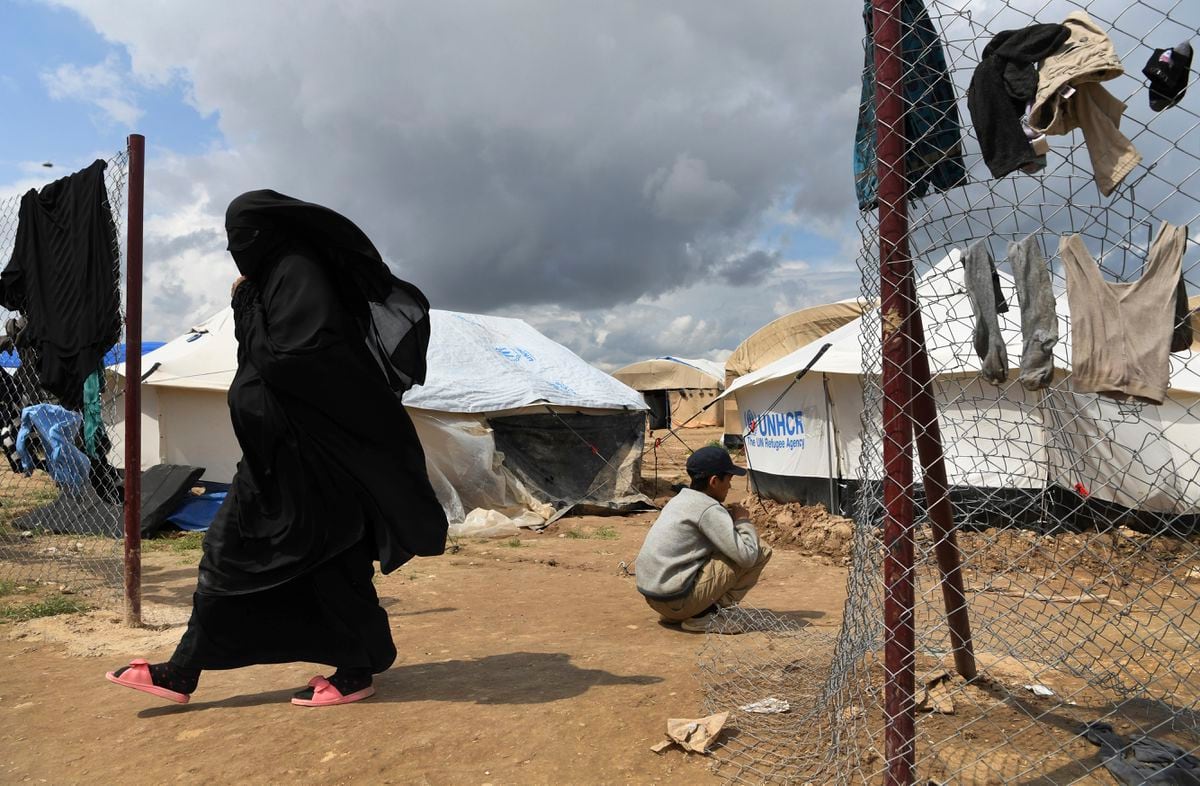Russian officials have said they have intercepted at least 12 drones on their way to Moscow in the last three weeks, suggesting that such attacks are now bringing the war to Russia’s capital city on a near-daily basis.
In the latest such attacks, two drones flying near Moscow were shot down overnight, Russian officials said on Wednesday.
The claims of the attacks and their interceptions could not be independently verified. But Ukrainian officials, long circumspect about whether their forces were involved in attacks on Russian soil, have acknowledged that some were orchestrated by Kyiv, making it increasingly clear that they will not allow the war to be limited to their own soil.
And not all of the drones appear to have intercepted. Last week, a building in central Moscow housing government ministries was twice struck by drones in 48 hours.
While the Russian authorities have largely tried to play down the risks of drone attacks, Dmitri S. Peskov, the Kremlin’s spokesman, spoke last week of “a clear threat,” adding that “measures are being taken” to build up defenses around the capital.
On Wednesday, Russia’s Ministry of Defense said in a post on the Telegram messaging app that air defenses had destroyed the two drones near Moscow without casualties or damage.
One had been flying over the Domodedovo area on the southern outskirts of the capital and the second was in the Minsk highway district to its west, Moscow’s mayor, Sergey S. Sobyanin, said in a Telegram post on Wednesday.
Another drone was shot down approaching the capital on Sunday, Mr. Sobyanin said, prompting Vnukovo airport, which serves Moscow, to temporarily suspend flights for “security reasons,” according to a Telegram post from the Russian state news agency Tass.
“Gradually, the war is returning to the territory of Russia — to its symbolic centers and military bases,” President Volodymyr Zelensky of Ukraine said late last month. “And this is an inevitable, natural and absolutely fair process.”
Mykhailo Podolyak, an adviser to Mr. Zelensky, said on social media last week that “Moscow is rapidly getting used to a full-fledged war,”
Since the beginning of May, Russia’s Defense Ministry has reported at least 28 drone attacks on Russia soil. Though the assaults have caused nothing close to the devastation Moscow’s forces have inflicted in Ukraine, they have reached deep into Russian territory and have been aimed at symbolic and military targets, including the strike near the Kremlin.
The May attack on the Kremlin was said to have unnerved the Biden administration. There was a relative lull in attempted aerial attacks inside Russia until mid-July, and while subsequent drone assaults have been far less audacious, they have highlighted Ukraine’s expanded reach.
An analysis by The New York Times of attacks inside Russia using Ukrainian-made drones, as well as interviews with experts and officials, found that Ukraine is racing to scale up its homegrown drone fleet and is aiming to attack more frequently in Russia.
Some Russian military bloggers have suggested that the attacks are acts of desperation by Ukraine, aimed at making headlines while its slow and grueling counteroffensive grinds on. But some have also acknowledged that the assaults could have a psychological effect on the Russian public, who have hitherto largely escaped the day-to-day reality of the conflict.
Gaya Gupta contributed reporting.








/cloudfront-eu-central-1.images.arcpublishing.com/prisa/V7VWQYKVFVAJDPG3TQOP75Y74M.jpg)